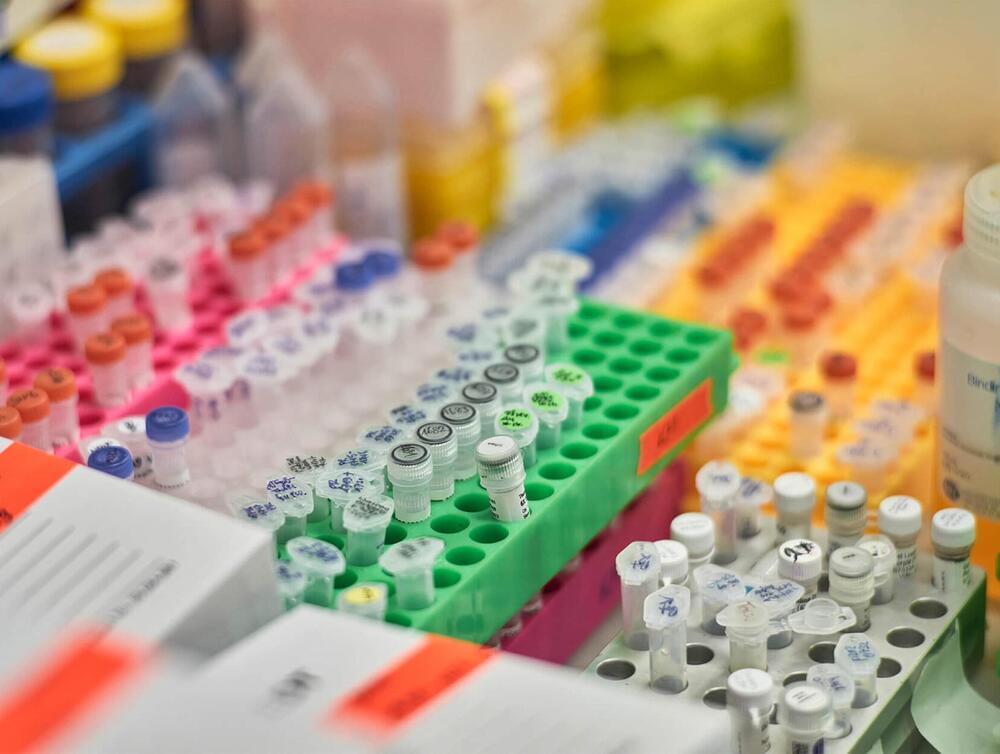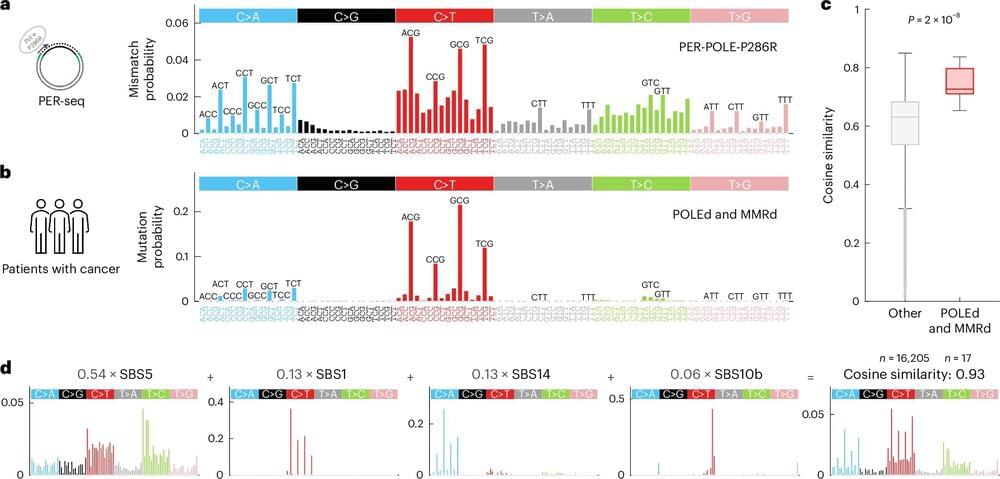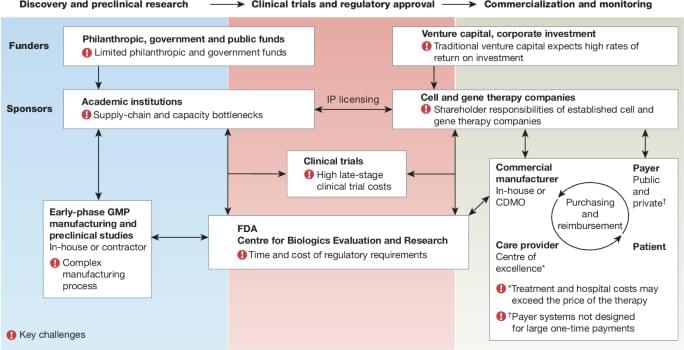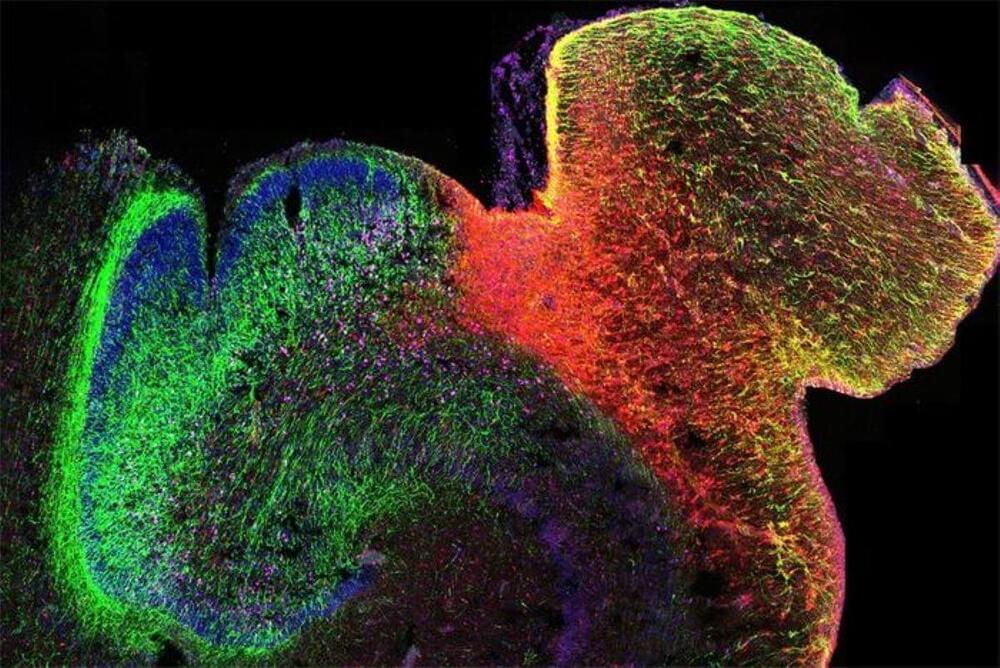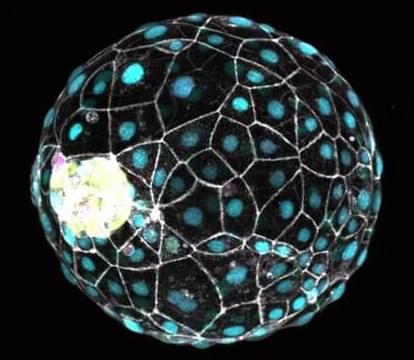CRISPR-Cas is used broadly in research and medicine to edit, insert, delete or regulate genes in organisms. TnpB is an ancestor of this well-known “gene scissors” but is much smaller and thus easier to transport into cells.
Using protein engineering and AI algorithms, University of Zurich researchers have now enhanced TnpB capabilities to make DNA editing more efficient and versatile, paving the way for treating a genetic defect for high cholesterol in the future. The work has been published in Nature Methods.
CRISPR-Cas systems, which consist of protein and RNA components, were originally developed as a natural defense mechanism of bacteria to fend off intruding viruses. Over the last decade, re-engineering these so-called “gene scissors” has revolutionized genetic engineering in science and medicine.
